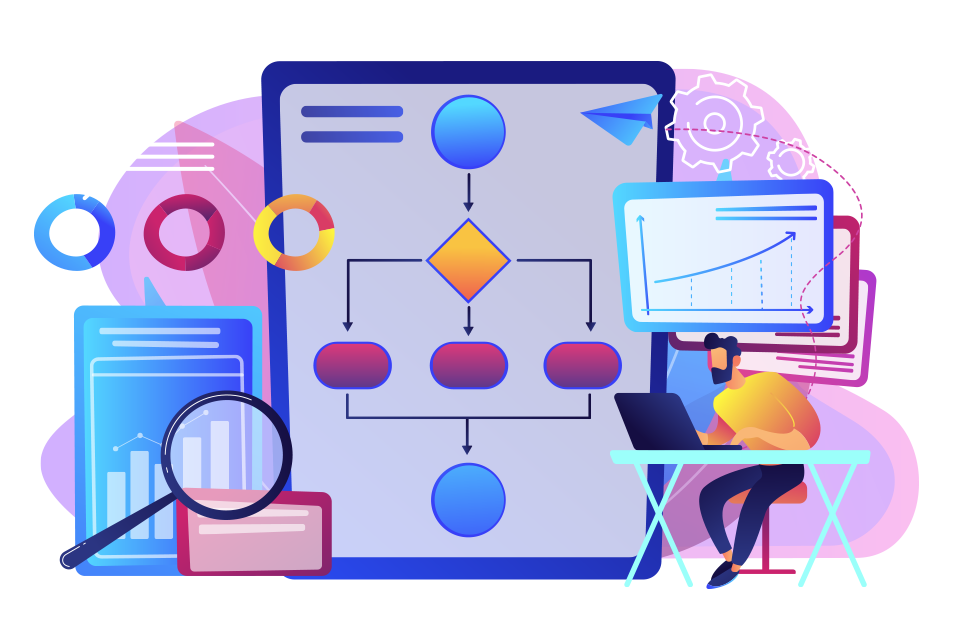In the world-wide economy of the present businesses face various issues and opportunities. To thrive in this dynamic landscape, savvy investors and entrepreneurs rely on valuable insights gleaned from customs records and US import data. These vital resources give you an insight into the complicated world of international trade, offering a wealth of information that can help make the strategic decision-making process and help drive the growth of businesses.
This data-driven movement is led by artificially intelligent software that makes use of the massive quantities of US export data and global import and export records to give users an edge. This cutting-edge technology analyzes patterns, trends, and uncovers opportunities that aren’t obvious, giving users the ability to make investment decisions with confidence and a high degree of accuracy.
One of the major advantages of using customs records and US import data is the capacity to pinpoint the most popular sellers, products, and buyers in a variety of formats, including daily, weekly, and monthly. Businesses can utilize this information to gain valuable insight into market trends, consumer tastes and landscapes of competition. This lets them tailor their strategies.
Finding wholesale clients, suppliers and new product ideas can be a challenging task However, with the help of AI-powered algorithms and import-export information, the process is much easier to manage. These sophisticated tools can sort through huge amounts of information to identify the most promising possibilities, allowing companies to focus their efforts where they’re most likely to bring outcomes.
Companies can also get instant insights on market dynamics and emerging trends through access to a comprehensive database that includes both global and US export and import data in addition to customs and trade records. By staying ahead of the trends, businesses can take advantage of opportunities to grow and minimize risks, positioning themselves for the long-term future in a constantly changing marketplace.
One of the major benefits of utilizing US import and customs information is that it allows you to better understand market dynamics and supply chain connections. Visualizing these connections through interactive dashboards or graphs can assist businesses to identify areas that require improvement and optimizing their processes, simplify their work and improve efficiency.
Import-export records and customs data can also be crucial to determining the top buyers and sellers over a time. Companies can identify hidden trends and new opportunities by analyzing the information. This allows them to get an advantage in the market and benefit from shifts.
Data from import-export and customs records, as well as identifying the top customers and products, can aid businesses in identifying the potential hazards and risks. Businesses that are aware of changes in import/export patterns and regulations can take appropriate steps to minimize their impact.
Accessing data on imports and exports as well as customs records offer valuable insight into market trends worldwide and dynamic. Companies that are aware the fluctuations in supply and demand will be able to modify their strategies, allowing them to thrive in a highly competitive marketplace.
Customs data and US export records are invaluable tools for companies looking to be competitive in the global market of the present. Businesses can use these insights to identify opportunities in business development, optimize their business processes, and stay in the forefront of competition. Data and records from import-export transactions can assist businesses in making better decisions, grasp market dynamics, and identify emerging trends.
